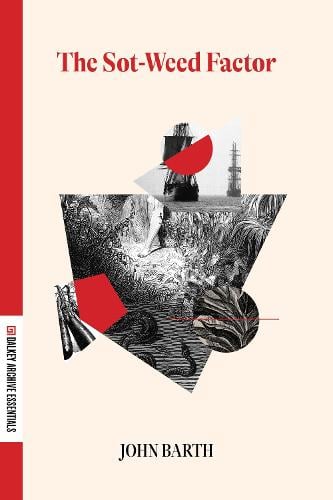
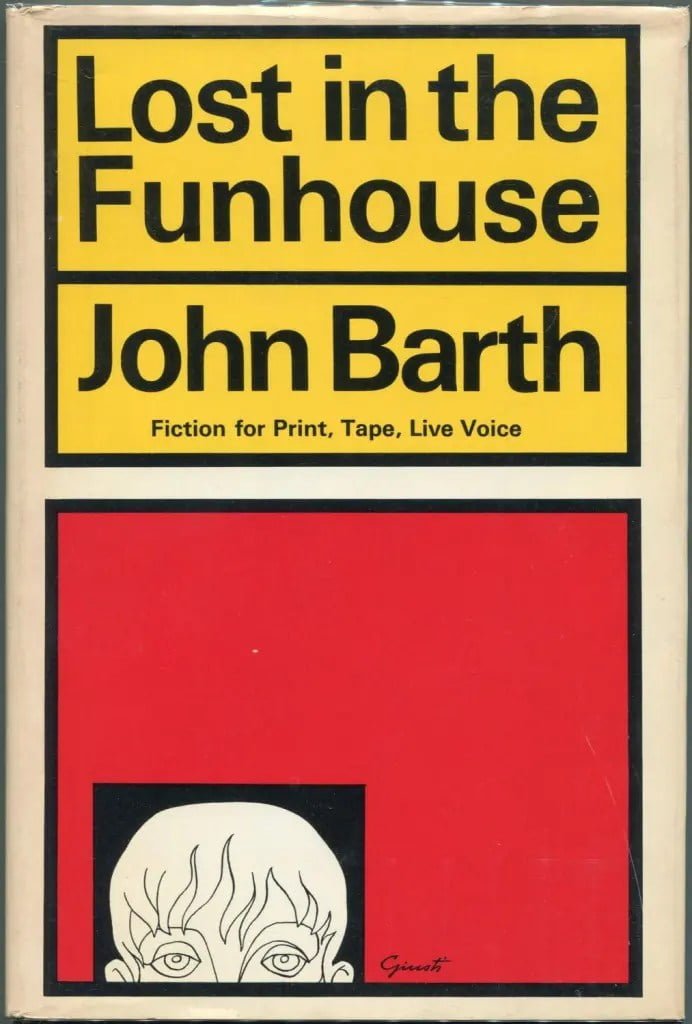
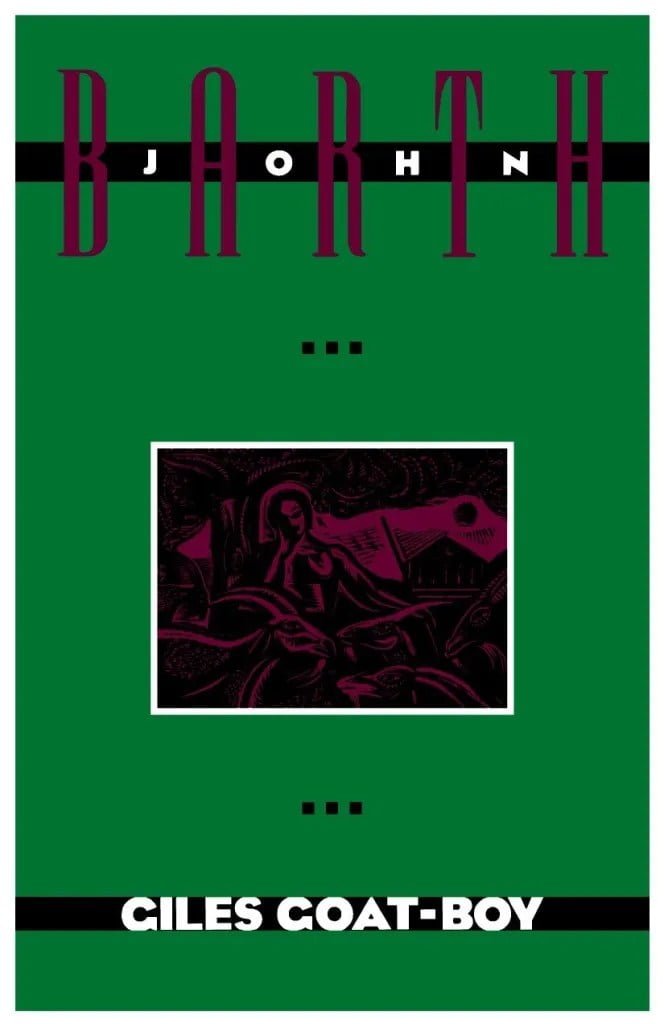
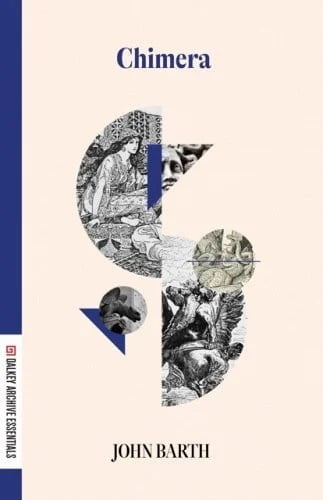
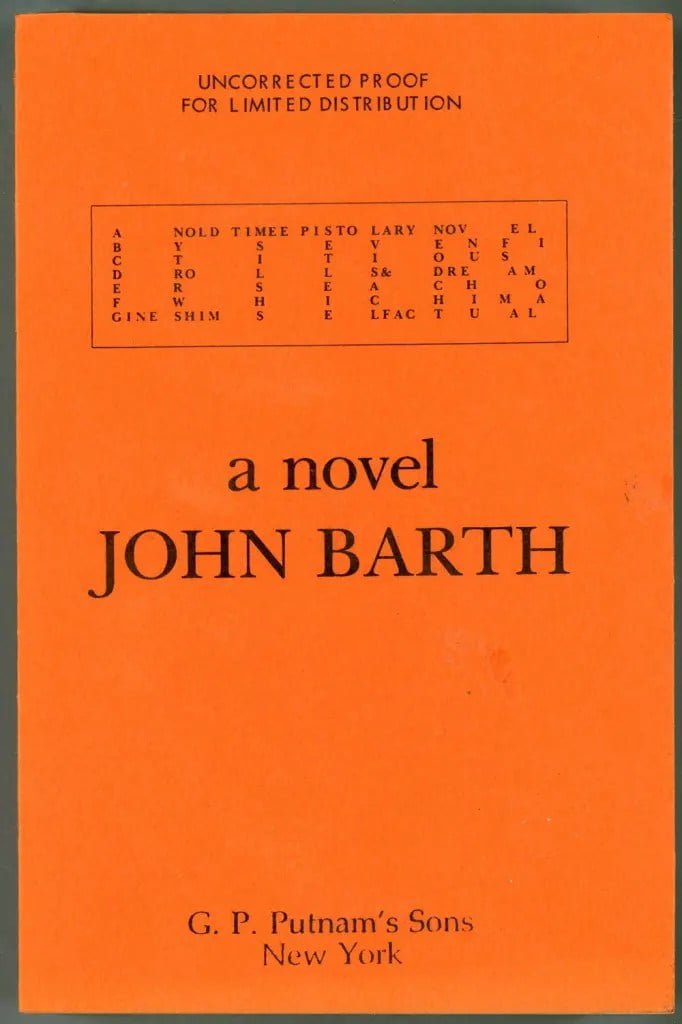
John Barth, the distinguished American author known for his complex, darkly humorous books and significant contributions to postmodern literature, has died at the age of 93. Johns Hopkins University, where Barth had long been an esteemed professor emeritus of English and creative writing, announced his passing on Tuesday (April 2). The university did not specify a cause of death.
Jean McGarry, an Academy Professor and a former student and colleague of Barth at The Writing Seminars of Johns Hopkins, hailed him as a literary titan comparable to Samuel Johnson. “Not just a master of fiction and of the literary essay, John Barth was a rhetorician on the order of a Samuel Johnson,” McGarry expressed.
She wrote: “Well-read and deeply thoughtful, it was a pleasure to be in his company, whether as his student or colleague. Passionate about literature, and with peerless taste, he was full of wit and wisdom, and had an almost scientific gift for anatomizing the elements of fiction: bones, flesh, nerves, heart, and lungs. He was also funny, tall, and handsome, and never missed a trick. In a rare way, he epitomized his fiction in his own gallant and witty person.”
Who was John Barth?
Born on May 27, 1930, in Cambridge, Maryland, Barth’s academic journey at Johns Hopkins University ignited his lifelong fascination with Oriental tale-cycles and medieval literature, themes that would deeply influence his writing. After earning his BA and MA from Johns Hopkins, Barth went on to teach at several prestigious universities, including Pennsylvania State University, the State University of New York at Buffalo, and Boston University, before returning to Johns Hopkins to contribute to the English and creative writing programmes.
Barth’s literary career was marked by early successes such as “The Floating Opera” (1956), which was nominated for the National Book Award, and “The End of the Road” (1958). His novel “The Sot-Weed Factor” (1960), a comic historical masterpiece, cemented his reputation. Barth continued to receive critical and commercial acclaim with works like “Giles Goat-Boy” (1966) and “Lost in the Funhouse” (1968), the latter earning him a second National Book Award nomination. “Chimera” (1972), “Letters” (1979), and “The Friday Book” (1984) are among his other significant works.
Throughout his career, Barth was honoured with numerous awards, including the F. Scott Fitzgerald Award for Outstanding Achievement in American Fiction, a Lannan Foundation Lifetime Achievement Award, and the PEN/Malamud Award for Excellence in the Short Story. He retired in 1995, leaving behind a legacy of literary innovation.
John Barth and Postmodernism
Barth’s 1967 essay “The Literature of Exhaustion,” published in The Atlantic, was a critical piece that defined his views on postmodernism, arguing that traditional literary forms had become obsolete. Barth proposed that the conventional modes of literary representation had been “used up,” their possibilities consumed through over use.
Yet, he countered this assertion with “The Literature of Replenishment” in 1980, clarifying that literature needed rejuvenation rather than dismissal. “I like to remind misreaders of my earlier essay that written literature is in fact about 4,500 years old (give or take a few centuries depending on one’s definition of literature), but that we have no way of knowing whether 4,500 years constitutes senility, maturity, youth, or mere infancy,” Barth wrote.
Read: Milan Kundera: four best nonfiction books to explore
Barth’s works, characterised by their metafictional qualities, humour, and narrative complexity, have been pivotal in exploring and expanding the boundaries of fiction.
His exploration of themes ranged widely, from existential crises to comical nihilism and beyond, employing techniques that transformed readers’ engagement with text and story. “The Tidewater Tales,” “Lost in the Funhouse,” and “The Sot-Weed Factor” are just a few examples of his genre-defying works that continue to influence and inspire.
Best books by John Barth
John Barth is celebrated for his innovative and metafictional books that often explore the nature of storytelling itself. Among his most acclaimed works are:
- “The Sot-Weed Factor” (1960). A satirical epic set in the 17th century, this novel is considered Barth’s masterpiece by many. It’s a sprawling narrative that parodies historical novels, telling the tale of an English poet who becomes involved in various adventures in the Americas.
- “Lost in the Funhouse” (1968). A collection of short stories that are particularly noted for their playful, complex use of language and narrative structure. The title story is famous for its exploration of the process and theory of storytelling.
- “Giles Goat-Boy” (1966). A novel set on a university campus that doubles as a microcosm of the world, this work is an allegory of the Cold War and explores themes of conflict, knowledge, and humanity’s quest for meaning.
- “Chimera” (1972). This collection of three novellas is characterised by Barth’s typical metafictional style, blending myth with contemporary narrative techniques. “Chimera” won Barth one of his National Book Awards.
- “Letters” (1979). An epistolary novel that includes characters from Barth’s earlier works, who correspond with each other and with Barth himself, creating a rich tapestry of intertextual dialogue.
Barth’s departure marks the end of an era in American literature, but his legacy endures through his groundbreaking contributions to the narrative form and his profound influence on generations of writers and readers alike.
This article contains affiliate links via Bookshop.org in which we may receive a small commission at no extra cost to you, in order to support local bookshops. We have not been commissioned to review books and services.